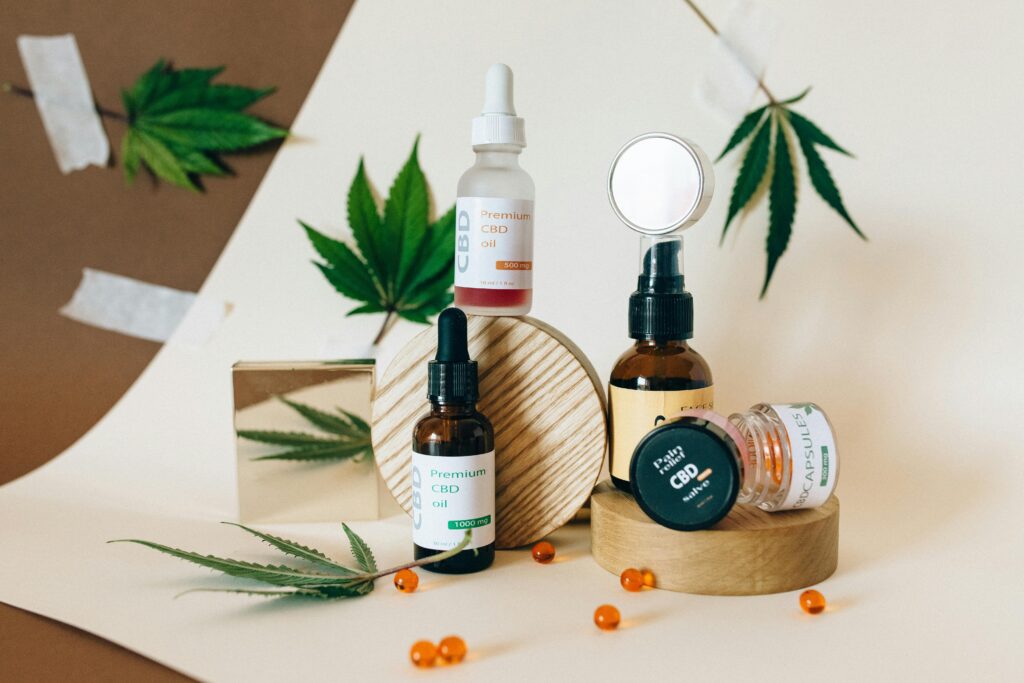Cannabis in Cuiabá: The Legal and Social Landscape

However, like in the rest of Brazil, cannabis remains a controversial and legally restricted substance. While there is an increasing global push for cannabis legalization, Brazil continues to enforce strict drug laws, affecting users and law enforcement dynamics in cities like Cuiabá on weed in Cuiaba.
Legal Status
However, the law distinguishes between personal use and trafficking, leading to different penalties on weed in Cuiaba:
- Personal Use – If caught with a small amount, individuals are usually subjected to community service, educational programs, or a warning rather than jail time. However, determining whether someone is a “user” or a “trafficker” is left to police discretion, which leads to inconsistencies in enforcement.
Where People Get Cannabis in Cuiabá
Despite legal restrictions, cannabis remains widely available in Cuiabá, as it does in most of Brazil. The main sources include:
- Paraguayan “Prensado” – This is the most commonly available cannabis, often of low quality, containing seeds, stems, and chemical residues.
- Locally Grown Weed – Some individuals in Cuiabá cultivate higher-quality cannabis in small indoor or outdoor setups, but police crackdowns make this risky.
- Imported High-Quality Cannabis – Some wealthier users manage to obtain better strains, edibles, and cannabis concentrates through private networks or illegal import channels, but these products are costly and rare.
Cannabis distribution in Cuiabá often happens through word-of-mouth, encrypted messaging apps, and social networks, as buying on the street is risky due to law enforcement surveillance.
Cultural and Social Perceptions of Cannabis in Cuiabá
The city has a mix of conservative and progressive perspectives. While younger generations and certain activist groups support legalization, many politicians, law enforcement agencies, and religious communities still view cannabis as a public safety and moral issue.
However, public opinion is slowly shifting, especially regarding medical cannabis. Some patients and families in Cuiabá have fought for better access to cannabidiol (CBD) treatments, particularly for conditions like epilepsy, chronic pain, and anxiety disorders.
The Future of Cannabis
As Brazil continues to debate cannabis legalization, cities like Cuiabá are at the center of these discussions. While full legalization may not happen soon, decriminalization efforts and medical cannabis advancements indicate a gradual shift in policy. Until then, cannabis users in Cuiabá must navigate strict laws, enforcement risks, and social stigma in a complex legal environment.